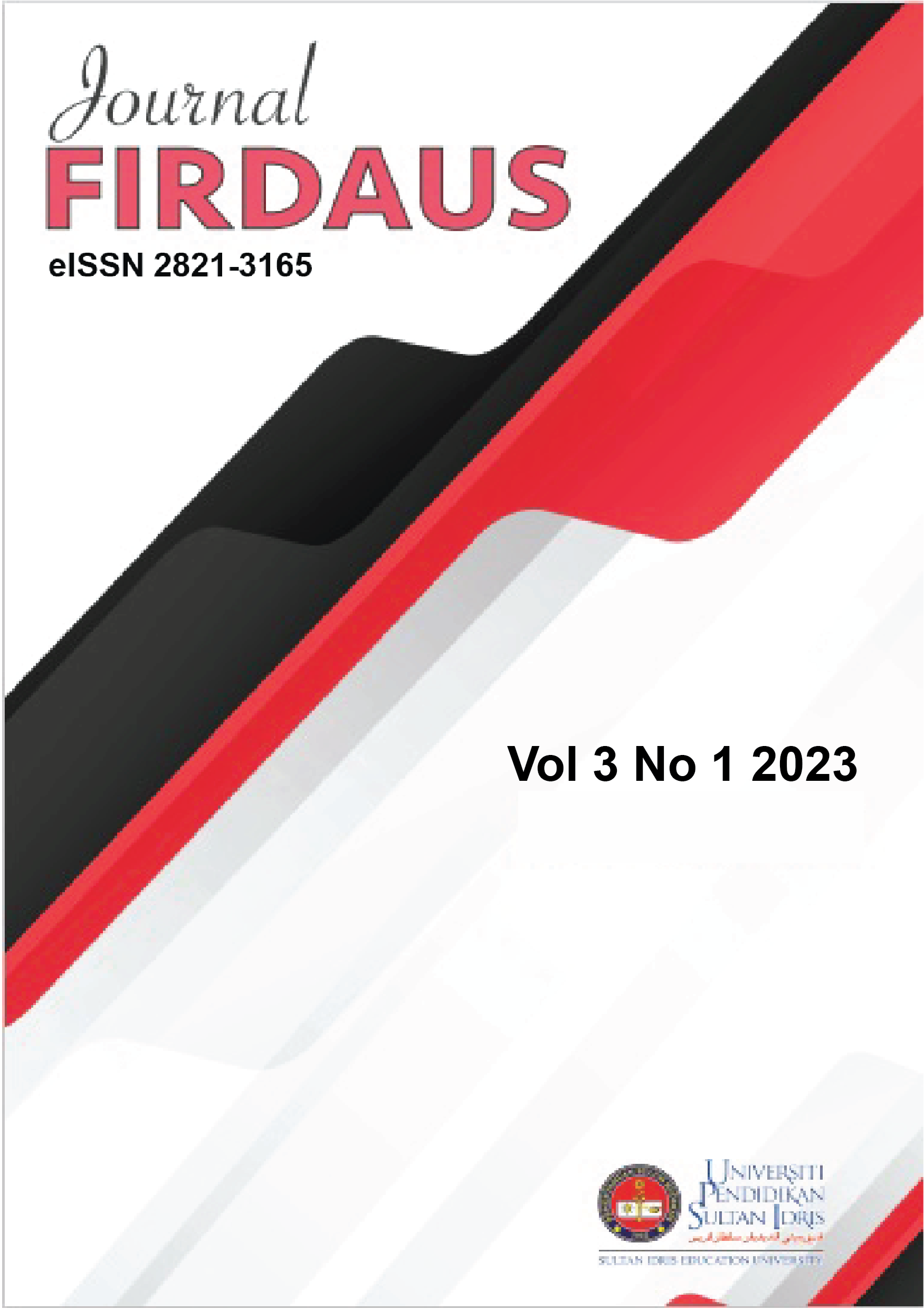Muhammadiyah Boarding School Curriculum in Indonesia: Insights into Building Nation Generation Building Agenda
DOI:
https://doi.org/10.37134/firdaus.vol3.1.2.2023%20Keywords:
Education Curriculum, Muhammadiyah Boarding School, Organizational CadreizationAbstract
This research aims to find out how the curriculum of Islamic boarding school-based educational institutions in organizational cadre formation. This research focuses on curriculum planning, implementation and evaluation. This research uses a qualitative approach and is designed as a case study type. Data collection techniques use observation, interviews and documentation. The analysis technique uses reduction, data presentation, and conclusions, while checking the validity of triangulation of data sources, methods and theories. This research shows that educational institution curriculum planning for organizational regeneration is carried out carefully, including basic planning or curriculum foundation, educator preparation, subject and program preparation. Implementation is carried out by providing knowledge about Muhammadiyah to form students' ideology and insight into the organization. Apart from that, in relation to cadre formation, students are required to take part in the Muhammadiyah Student Association (IPM), Tapak Suci (TS), and Hizbul Wathan (HW) programs. To see learning outcomes, Islamic educational institutions carry out evaluations in 3 stages, namely monthly, semester and annual evaluations.
Downloads
References
Annala, J. (2023). Curriculum Making and Higher Education: an Activity-Theoretical Perspective. International Encyclopedia of Education(Fourth Edition), 163–172. https://doi.org/10.1016/B978-0-12-818630-5.03026-8
Daulay, H. P., & Tobroni. (2017). Islamic Education In Indonesia. British Journal of Education, 5(13), 109–126.
Ikhwan, A. (2017). Development Of Quality Management Islamic Education In Islamic Boarding School (Case Study Madrasah Aliyah Ash Sholihin). Al-Hayat: Journal of Islamic Education, 1(1), 91–117.
Miles, M. B., Hubberman, A. M., & Saldana, J. (2014). Qualitative Data Analysis: A Methods Source Book. California: SAGE Publication.
Newton, P. E. (2023). Taking Purpose Into Account When Designing, Using and Evaluating Educational Assessments. International Encyclopedia of Education(Fourth Edition), 136–146. https://doi.org/10.1016/B978-0-12-818630-5.09031-X
Qomar, M. (2005). Pesantren Dari Transformasi Metodologi Menuju Demokrasi Institusi. In Jakarta, Penerbit Erlangga.
Tobroni. (2018). Memperbincangkan Pemikiran Pendidikan Islam: Dari Idealisme Substantif Hingga Konsep Aktual. Jakarta: Kencana.
Tomozii, S. E., & Topală, I. (2014). Why Do We Need to Change the Educational Paradigms? Procedia - Social and Behavioral Sciences, 142, 586–591. https://doi.org/10.1016/J.SBSPRO.2014.07.670
Žygaitienė, B., Barkauskaitė, M., & Miškinienė, M. (2013). Professional Competences of a Teacher during the Period of Educational Paradigm Transformation in Lithuania. Procedia - Social and Behavioral Sciences, 83, 165–169. https://doi.org/10.1016/J.SBSPRO.2013.06.032
Downloads
Published
How to Cite
Issue
Section
License
Copyright (c) 2023 Saiful Anwar, Khozin

This work is licensed under a Creative Commons Attribution-NonCommercial-ShareAlike 4.0 International License.





